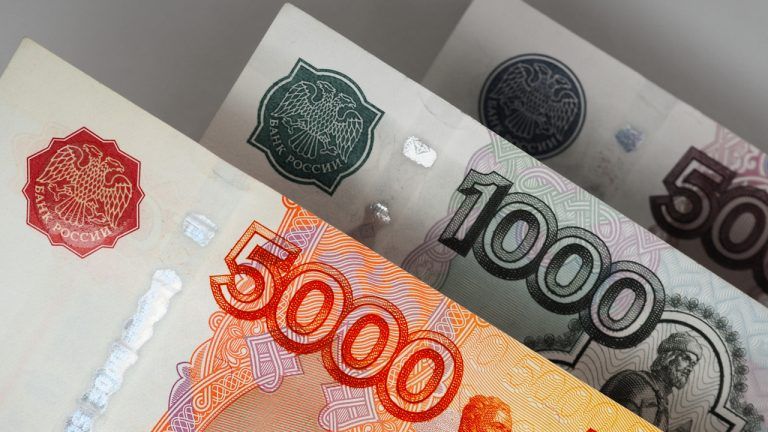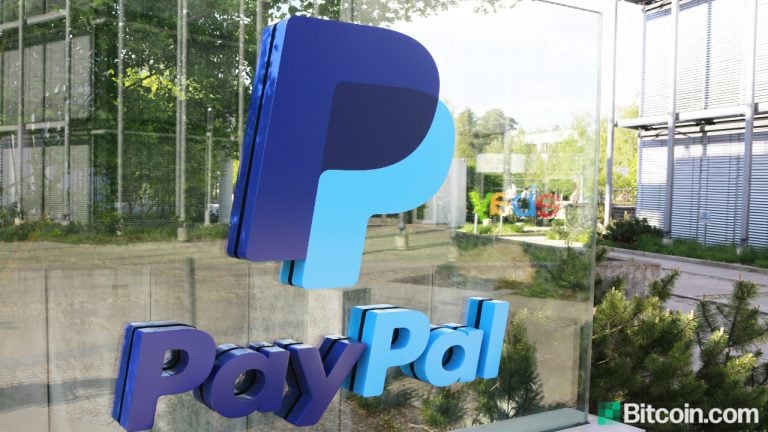
Mid-Atlantic convenience store giant Sheetz is set to accept Bitcoin and crypto payments across its outlets.
Retail crypto payment acceptance in the United States continues to grow as Sheetz announces plans to allow the use of virtual currencies in its outlets across America.
In a release issued on Thursday, the convenience store chain announced its partnership with digital payments provider Flexa to enable customers to pay for products and services with cryptocurrencies.
As part of the announcement, Sheetz revealed that the crypto payment option was for both in-store items and gas pumps at their over 600 outlets across Pennsylvania, Ohio, Maryland, Virginia, North Carolina and West Virginia.
Cryptos that will be accepted by convenience store chain include Bitcoin (BTC), Ether (ETH), Litecoin (LTC), and Dogecoin (DOGE) among others.
The company’s crypto payment adoption move is also an extension of its business relationship with point-of-sale payment provider NCR.
Apart from enabling Bitcoin and crypto payment, Sheetz also plans to allow customers to link their Flexa-enabled payment apps with the company’s loyalty reward program.
Indeed, crypto is seeing significant adoption in the rebates and loyalty rewards arena with digital currencies being seen as being viable for rewarding patrons.
The Sheetz announcement now adds convenience stores to the growing list of businesses accepting crypto payments in the United States. Back in March, luxury hotel brand The Kessler Collection debuted crypto and stablecoin payment options for guests.
As previously reported by Cointelegraph, a Mastercard survey from earlier in May revealed that up to 40% of respondents across the globe expressed interest to use crypto for payments in 2022.
Indeed, retail crypto payment adoption has been on the rise in recent times with payment giant PayPal entering the fray back in 2020. In March, the company began allowing U.S. customers to pay with Bitcoin for online shopping.
By April, PayPal was forecasting its crypto commerce revenue exceeding $200 million in only a few months of deploying cryptocurrency payment solutions.









